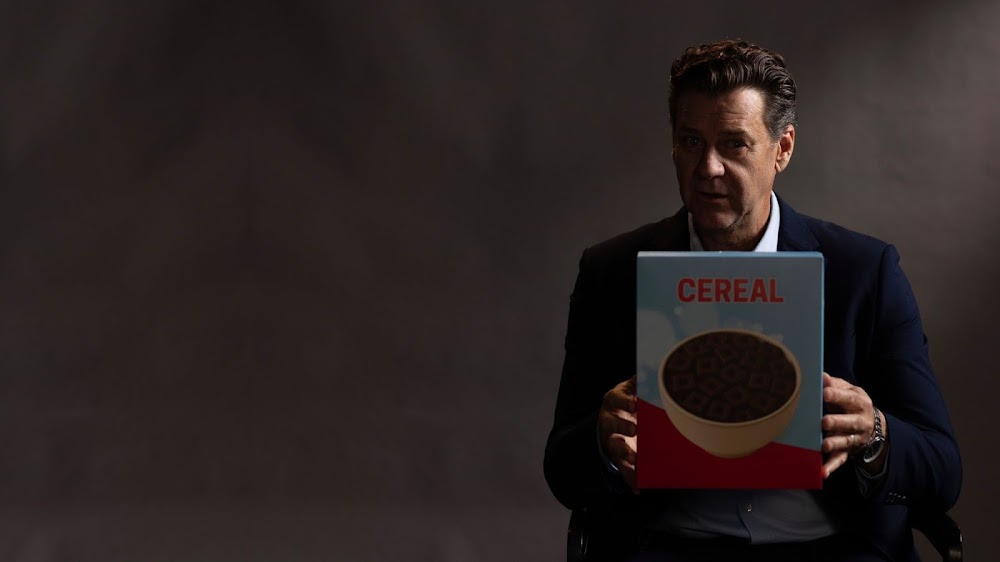For many South Africans, shopping for food has become a challenge. Products that seem safe or even healthy often contain high levels of sugar, salt and saturated fat. Families, and especially children, are drawn in by colourful packaging, cartoon characters, and claims that sound reassuring but are not always accurate. With marketing so carefully targeted, genuine choice is often taken away.
Research has shown that ultra-processed foods are formulated in ways that make us eat more, while complicated back-of-pack labels leave most people without clear guidance on what is good or harmful. The impact is visible: in just 10 years, obesity rates among children in SA have climbed from one in 20 to one in eight. If nothing changes, by 2031 more than 4-million children aged 5 to 19 could be affected, placing SA among the top 10 countries in the world for childhood obesity
HEALA — a coalition of civil society organisations advocating for equitable access to affordable, nutritious food in SA — has been shining a light on these realities, helping to build awareness about how the food environment is shaped and how people’s health is affected.
Most recently, HEALA travelled across Gauteng, Limpopo and KwaZulu-Natal as part of a national roadshow, creating space for conversations with communities, health experts and policymakers. The response was powerful: South Africans are asking for honesty and transparency, specifically through the adoption of mandatory front-of-package warning labels, to enable healthier choices for themselves and their families.

